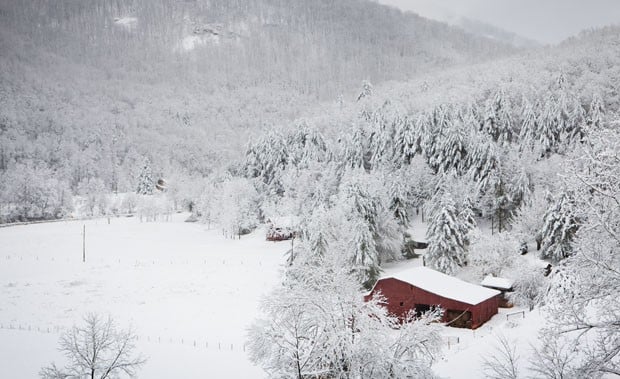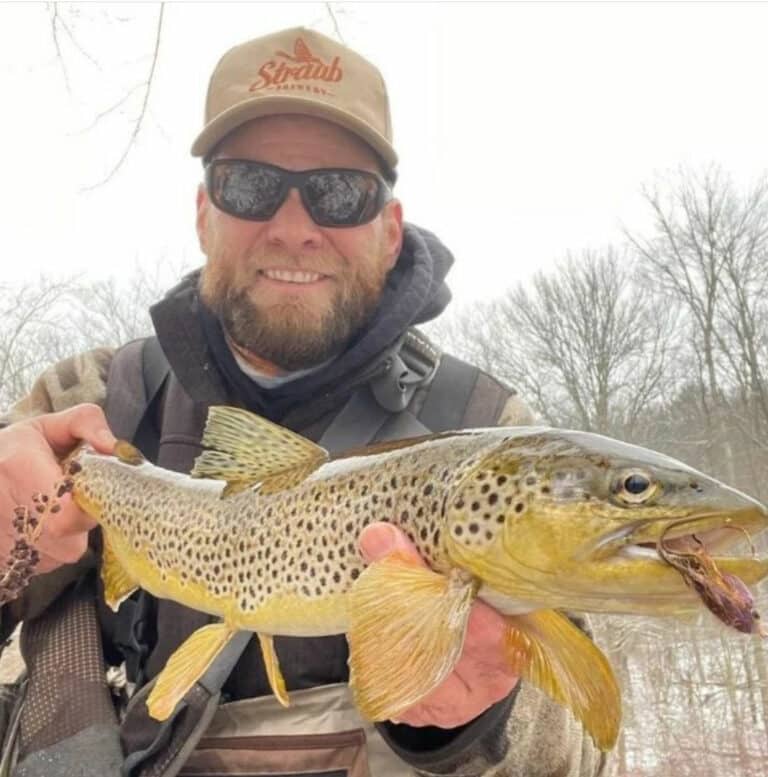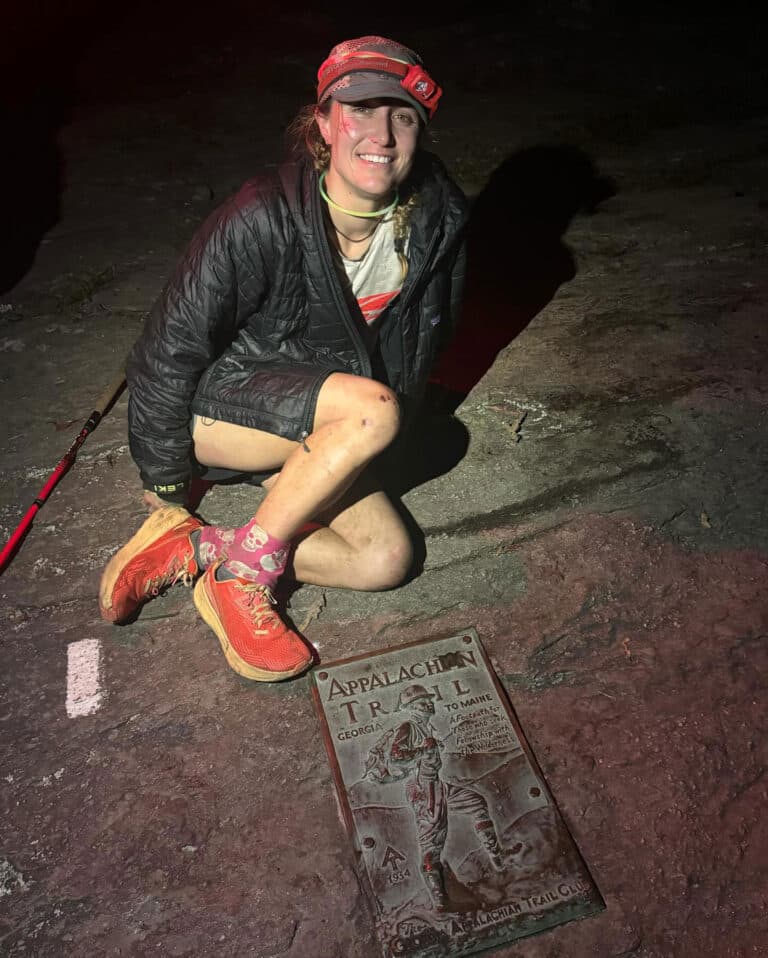Note from the author, July 2014: A few years ago, I wrote about my rural neighbor, Bill Banks, whom I considered to be the greenest man in the mountains.
The 77-year-old Appalachian farmer didn’t look like a green hero; Bill was a born-again Baptist who wore overalls and was missing some teeth. Yet he was cooler and more committed to living off the land than even the hippiest New Age eco-villager.
Bill died last week at age 79. He is deeply missed.
Bill’s life reminded me the hardest part about truly being green: living simply doesn’t mean living easily. The simple life means dawn-to-dusk days of backbreaking labor: hauling manure, splitting firewood, digging fencepost holes. It means eating only what’s in season, which can seem dull and repetitive to our supermarket stomachs. It means staying put, without escaping to the beach for a few weeks in the winter or planning an exotic summer adventure.
He also taught me life’s most important lesson: there is beauty everywhere if our eyes are open to it.
Following is the original story from 2012:
He’s not a tree hugger; in fact, he cuts them down regularly. Nor is he a vegetarian. He doesn’t belong to the Sierra Club or any environmental group. He’s never seen An Inconvenient Truth or read any books by Michael Pollan, though he knows a lot about climate and where his food comes from.
I’ve met a lot of inspiring environmental activists protecting the planet and its people. I have spent time with the Occupy crowd, tree-sitters, and activists who have chained themselves to bulldozers to prevent coal companies from blowing up mountains. The courage of these activists is as impressive as that of gonzo paddlers plunging off waterfalls. But in their everyday lives—where most of our environmental impact takes place—none have as much integrity as my neighbor, Bill Banks.
My family and I live a half-mile up the gravel road from Bill. We live on an off-grid organic farm, with solar panels on the roof of our green-built house. Yet even our solar-powered sustainability doesn’t measure up to Bill’s closeness to the land.
Bill Banks is an Appalachian farmer. He has spent almost 50 years in the same small house that he and his family built. He grows most of his own food—corn, beans, squash, peppers, tomatoes, onions, cabbage, brussels sprouts—using heirloom seeds that his family and friends have passed down for generations. Most of his food is grown organically, although he doesn’t call it that.
A small herd of cattle roam his pasture; he and a neighbor slaughter the animals and butcher the meat themselves.
He heats his house with wood selectively harvested from the forest. For decades, he has used horses and chains to haul the logs down the mountain. In today’s eco-speak, that’s called sustainable forestry. He cuts, splits, and stacks all the wood himself.
He owns no computer, cell phone, or other electronic gadgets. Instead, he watches the clouds roll over the mountains and the squirrels gathering walnuts.
His house is surrounded by heirloom fruit trees, nut trees, and blackberry brambles, which today go by the environmentally fashionable name of edible landscaping. Though he has never heard of permaculture, he knows how to save labor, time, and money by using what’s available: manure from the cattle fertilizes his gardens; ash from his woodstove is used to make soap; rocks from the fields become walls for his root cellar.
Most impressive of all is that Bill has been living with the land for 76 years. Unlike some well-intentioned environmentalists I know who are vegetarian (except on holidays and weekends) or carbon-neutral (except when jetting to the next conference), Bill has lived simply, sustainably, and self-sufficiently his entire life.
His carbon footprint is negligible. He doesn’t buy anything. He fixes everything himself. He doesn’t travel. He is content to spend his days on the farm or in the national forest across the creek.
“I don’t need to go anywhere,” he says. ”There’s no other place I’d rather be.”
He has explored the mountains of Pisgah National Forest more thoroughly than any outdoor enthusiast. He roamed the mountains as a boy, racing to the top of Pinnacle Mountain with his cousins faster than most trail runners today. He knows where to find native trout better than any guide, and even as a septuagenarian, he can trek steeper and deeper into the mountains than most backpackers. He bushwhacks across ridgelines to find an old stand of chestnuts or a patch of ginseng, reading the cartography with his eyes and memory rather than a map or GPS.
Bill resembles many Appalachian folk; there are probably others like him in these hills. They don’t call themselves eco-anything, but they are greener than most environmentalists. They’re not members of nonprofits or co-ops, but they give all of their surplus harvest to neighbors in need. They’re not Occupying Wall Street, but they are bartering food, labor, and skills in their own self-sustaining community economy.
On our way to the trailhead in FlexFuel SUVs loaded with bikes and boats, we drive by many Appalachian farmers who know and love the forest as deeply as we do. In the past, I’ve been guilty of dismissing rural folk as overly conservative anti-environmentalists. Admittedly, some of them fit this description. But most mountain folk, especially old-timers like Bill, are greener than Prius-driving, eco-conscious city dwellers. We mountain bikers and trail runners may know a few narrow ribbons of trail through the forest, but our knowledge is often superficial. Blinded by adrenaline, we blast through the terrain checking our wristwatches and odometers. We don’t take the time to observe the whole forest beyond the trail, to listen to the hidden springs gurgling beneath the rocks, to explore the steep, overgrown thickets off-trail where bears and old trees take refuge.
Bill is a born-again Baptist who wears overalls and is missing some teeth, yet I have learned more from him than any environmentalist about living sustainably in harmony with nature. He is also the most accomplished outdoor explorer I know, with seven decades of completely self-supported adventures in the wild.
Bill’s life has reminded me the hardest part about truly being green: living simply doesn’t mean living easily. The simple life means dawn-to-dusk days of backbreaking labor: hauling manure, splitting firewood, digging fencepost holes. It means eating only what’s in season, which can seem dull and repetitive to our supermarket stomachs. It means staying put, without escaping to the beach for a few weeks in the winter or planning an exotic summer adventure.
Bill’s wife Vernie, who passed away last year, worked even harder than him, he says. She taught him everything he knows, including life’s most important lesson: there is beauty everywhere if our eyes are open to it. Though Bill can name every species of tree in the forest and identify an animal by its tracks, he doesn’t claim to have any special knowledge or skills.
“I just pay attention, that’s all.”
Will Harlan
Editor in Chief








